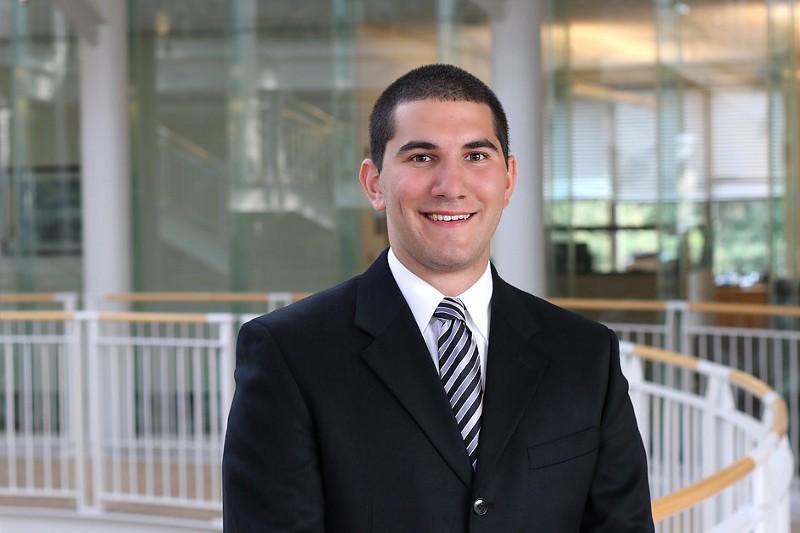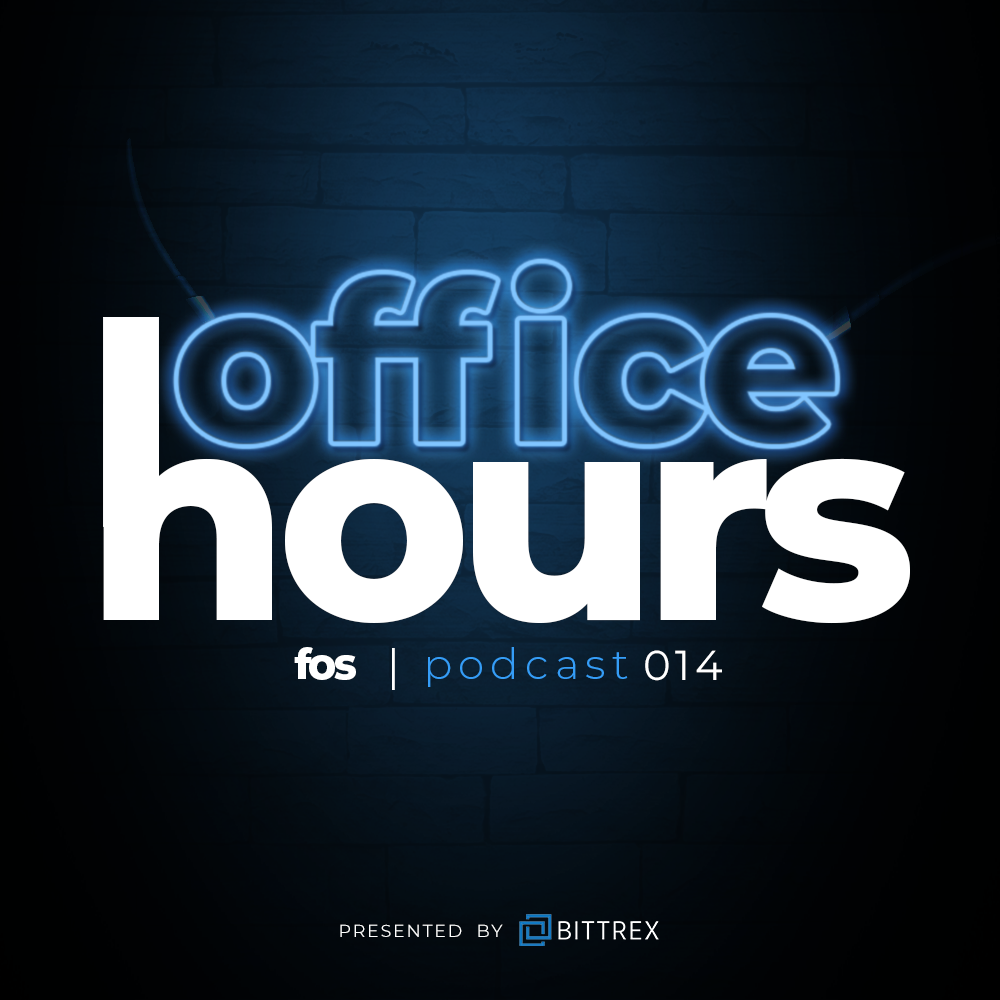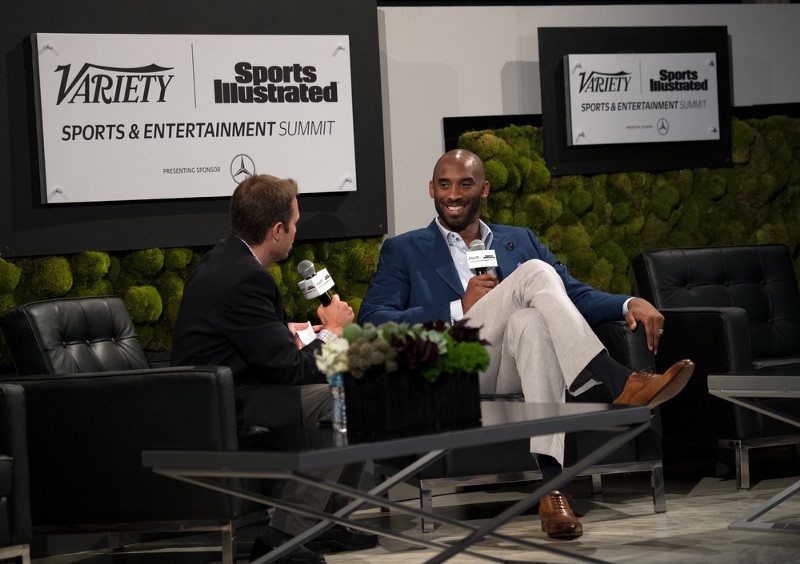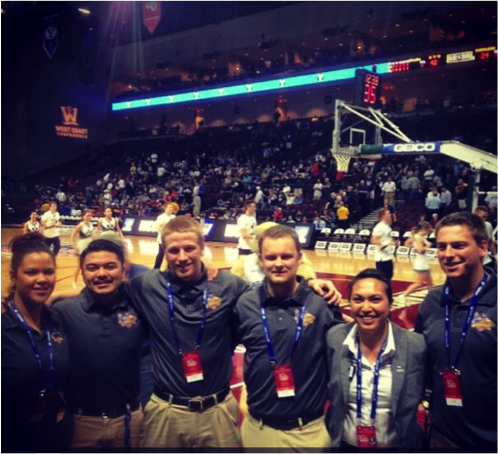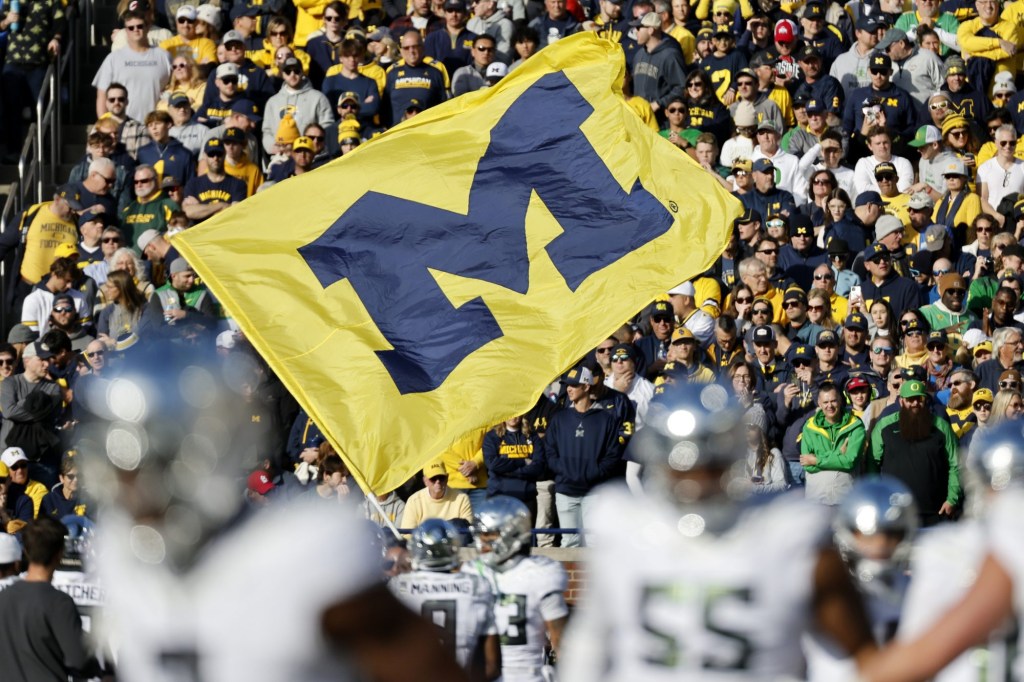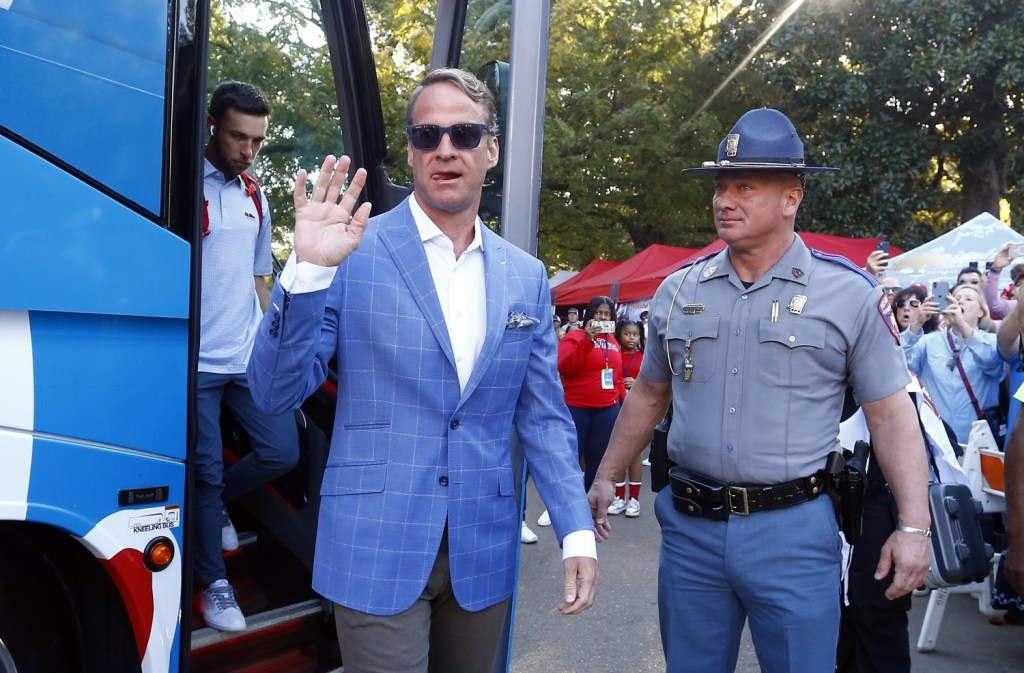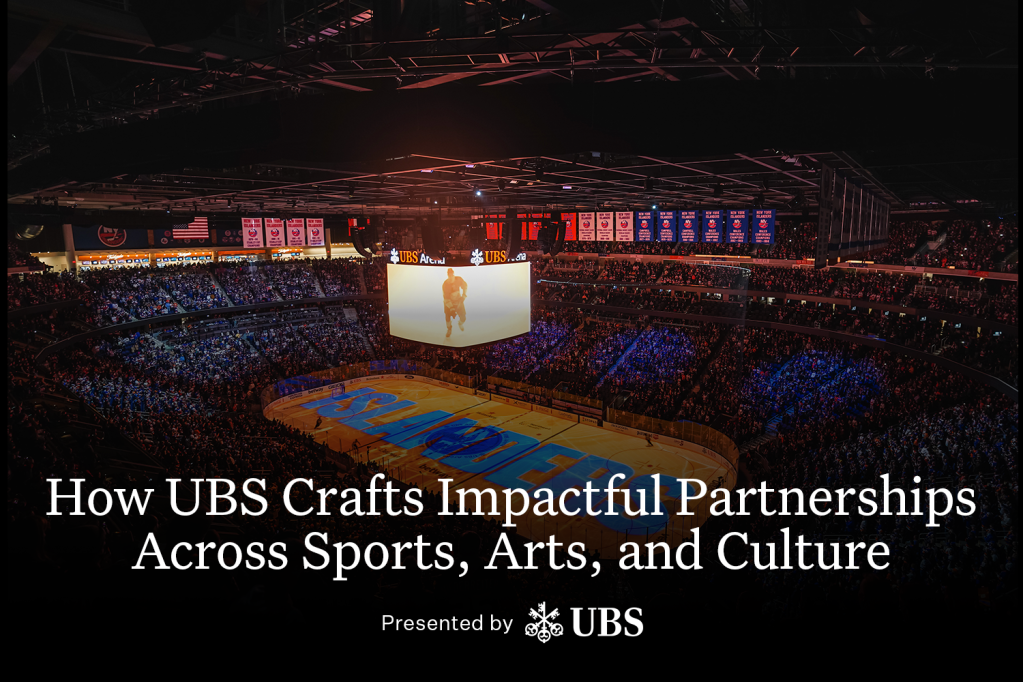By: Adam White, @FOSAdam

Front Office Sports is proud to have sat down with Jacob Rosen, Sports Business MBA Student at the University of Oregon. A student with many talents, Jacob has used the power of his writing and knowledge of analytics to take his career aspirations to the next level. One of our biggest supporters, Jacob hopes to one-day find himself in a business or sponsorship analytics role for a team and while he is not there yet, check out what he has been doing to make those dreams a reality.
You graduated from Dayton in 2012, took a job and then decided to go back to school. What made you want to go back to Oregon and why?
I was thinking about going back to school for a long time. My undergrad was in math and economics and a lot of people were telling me there weren’t a lot of positions available with just that degree. Based on that advice and what I heard about taking the GMAT, I ended up taking it my senior year and knew that it was something that I could keep in my back pocket. Out of my undergrad, I was lucky enough to get a job at a great non-profit, Hillel at Kent State University. I was there two years and I started to plan my next move. Before I graduated from undergrad, I was lucky enough to visit UO and was able to sit in on a sports econ class. I was fascinated by the class and their approach to sports business. It was the best fit for me.
From writing to analytics and even media relations, you have done a little bit of everything. Can you talk about that experience and how it has benefitted you?
As a math major, I had an interest in sports analytics and sabermetrics and when it really got going for me was when I started doing my own BCS rankings in 2006–2007. It started out as a thing that I shared with my family and friends, but eventually it turned into something in which I had compiled an email list for and I was sending to over 100 people. It was something I did for fun, but doing it, and doing it regularly, helped me improve as a writer. It kept going from there to the point where I have now been writing for Waiting for Next Year since 2009. Having a communication background, no matter what your future profession may be, is absolutely critical and all my writing and media relations experiences have helped me succeed in the analytic positions I have been a part of.
What drew you to analytics and why?
With reading Moneyball as a kid, doing the BCS rankings and writing for WFNY on those topics for almost a decade it was a pretty natural fit for me. It really took off after I attended my first MIT Sloan Sports Analytics Conference in 2014. After that conference, I had an urge to really help out the sports analytics writing community, which led to an opportunity to write for Sports Analytics Blog. Since then, I have been writing sports analytics roundups every so often.
How important is the conference atmosphere to students looking to get into the industry?
They are a great way to learn and network not only with professionals, but also with your fellow peers. One thing that I like to do and that I highly suggest to others is to email people that are going to be there beforehand. This is a great way to make the initial contact with the speaker or the person you want to meet and allows you the opportunity to set up a time to meet. If you don’t do this, it is hard to get face time with these people because of the thousands of other people looking to do the same thing.
What are your plans for after graduation?
I graduate in June and I really see myself on the business or sponsorship analytics side for teams. For me, the priorities are working in an organization where they have a clear plan and setup for their analytics and it is somewhere that I can learn and have a boss that will help me continue my professional development.
If you could have three to four professionals in a panel in front of you, what questions would you ask them?
I am always big on practical advice so I would ask questions such as, “What are the best ways a student has reached out to you?” and “What catches your eye when considering a student for employment?” For me, with an analytical mind, that is how I work and that is the best way for me to process advice.
What originally drew you to FOS and what is your favorite part about it?
I love the ease of reading and the ease of access about the site. It is super easy to follow along with on Twitter because of your social presence and the amount of times you share things. I really enjoy how simple it is to get the information. If I was an undergrad, these resources would be right there for me and it would be wrong if I didn’t take advantage of them.
We would like to thank Jacob for his time and efforts and we wish him the best in his future endeavors!
You can follow him on Twitter here and connect with him on LinkedIn here!
